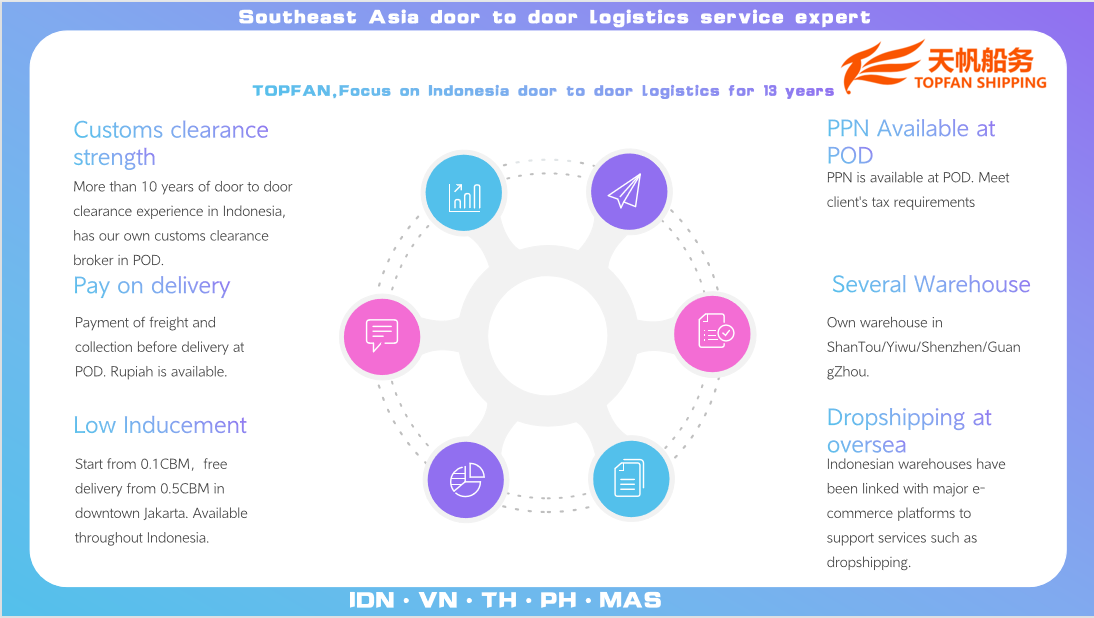RCEP has come into force for Indonesia, and 700+ new zero-tariff products have been added to China, creating new potential for China-Indonesia trade
On January 2, 2023, the Regional Comprehensive Economic Partnership Agreement (RCEP) ushered in the 14th effective member partner – Indonesia. On the basis of the signed China-ASEAN FTA, the entry into force of the RCEP agreement also means that products beyond the original bilateral agreement will be applicable from the date of entry into force. According to the agreement commitments, after the agreement takes effect, Indonesia will control 65.1% of the products originating in China. Implement immediate zero tariffs.
By RCEP, Indonesia has newly granted zero-tariff treatment to more than 700 tax code products in China, including some auto parts, motorcycles, TVs, clothing, shoes, and plastic products, etc. Among them, some auto parts, motorcycles, and some clothing products have achieved zero tariffs since January 2, and other products will gradually reduce to zero tariffs within a certain transition period. At the same time, on the basis of the China-ASEAN Free Trade Agreement, China will immediately implement zero tariffs on 67.9% of products originating in Indonesia, including Indonesian pineapple juice and canned food, coconut juice, pepper, diesel, paper products, some Tax cuts for chemicals and auto parts have further opened up the market.
1.New energy electric vehicles
In recent years, Indonesia has been aggressively promoting investment in domestic batteries and electric vehicles to take advantage of its rich nickel resources. In January this year, at the Seminar on the Analysis of the Southeast Asian Automobile Industry and the Opportunities of Chinese Enterprises said that, “The export operation capabilities of Chinese enterprises have been greatly improved. At the same time, with the improvement of consumption levels in the Southeast Asian market and electrification The penetration of new cars in Southeast Asia has huge potential for new car sales, and China’s auto exports must seize this market and vigorously promote it.”
2.Cross-border E-commerce
Indonesia, as the most populous country and largest economy in Southeast Asia, has a very good user base in the eyes of e-commerce practitioners, and most of them have online shopping experience. In 2023, e-commerce will still be the pillar of the Indonesian economy. The entry into force of RCEP will undoubtedly provide opportunities for Chinese cross-border sellers to deploy in Indonesia. The tariff benefits it brings can greatly reduce the transaction costs of cross-border sellers, and sellers can be more committed to producing better quality products. And more cost-effective products do not have to be troubled by the high tariffs in the past.
3.Accelerated release of RCEP dividends by policy supporting
With the RCEP comes into force for Indonesia, China’s new tariff reduction and exemption measures for Indonesia are naturally a highlight. In addition to enjoying low tax rates, it will be more efficient and convenient for Indonesian consumers to purchase goods from China in the future.
Post time: Apr-01-2023


